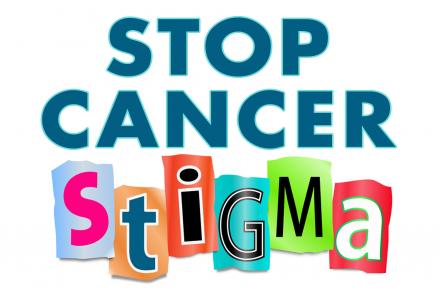
Dr. V. L. Ramprasad, COO of MedGenome, a genomics-based diagnostics and research company, highlights the importance of genetic testing. Genetic testing can be useful in identifying genetic disorders, inherited diseases and abnormalities and helpful in management, treatment or prevention of diseases, especially cancers.
What is the difference between genetic testing and genome sequencing?
Genetic testing is an investigation that looks at specific set of gene variations or set of genes or the complete genome of an individual and correlate it with the disease/trait the individual has and generate an actionable report that helps in management, treatment or prevention of the disease. Genome sequencing (Read - Whole genome sequencing) is a general term used for sequencing a whole genome of an individual for various applications.
Why and when is genome sequencing recommended?
There are different flavours of dissecting a genome. Human Genome has 3X109 DNA elements (also called as 3Giga bases). These comprise of those regions in the genome which code for a protein and which don’t. For several genetic diseases we know the exact genetic defects, so one can look at only those genes to identify for the defects by doing targeted sequencing that investigates on selective regions of the complete genome.
In several situations we cannot pin point the exact diagnosis of the genetic disease (Undiagnosed diseases) and hence do not know which specific regions to look at in the whole genome, in those situations we do complete genome sequencing.
What are the benefits of genetic testing?
- Genetic testing can help in predicting the disease (especially in the unborn, foetal testing or other first degree relatives)
- Helps in better treatment of the disease especially in cancers. Based on the genetic mutation targeted therapies in cancer are effective compared to regular chemotherapy.
- Genetic testing refines the diagnosis and pin points the exact diagnosis thereby arriving at the appropriate treatment and management decisions.
Rare diseases in India are not so rare. Why?
A rare disease occurs infrequently in a population, but there is no universal definition. It depends on the total number of people having the disease and its prevalence.
The World Health Organization (WHO) has suggested that a rare disease should be defined as one with frequency less than 6.5 – 10 per 10,000 people. In USA, it is defined as any disease or condition that affects less than 200,000 persons. The affected numbers in Japan are 50,000 people, 20,000 in Korea ,10,000 in Taiwan and 2000 in Australia.
Thus, a country defines a rare disease most appropriate in the context of its own population, health care system and resources. Unfortunately India doesn’t have a definition of rare disease, if we consider the above definitions, several diseases that are considered rare in US are not rare because of sheer size of the population and high prevalence rates.
Can you list some of the rare disease that you have come across?
Canavan disease
Lysosomal storage diseases
Haemophilia
Tay sachs disease
Diamon Blackfann anaemia
Muscular Dystrophies
What is the cost of genome sequencing?
Whole genome sequencing costs 1000-1300 USD
Sequencing on the protein coding regions (called as Exome sequencing) costs 500-600 USD
What are the common misconceptions on genetic testing?
Once we know the mutation it can be fixed and treatment is available: Currently you cannot fix a mutation that is seen in the germ cells of the individual, even though there are new technologies that have shown the promise to repair, they are yet to arrive in clinic.
The test always gives a conclusive result: currently the diagnostic yield of the tests vary depending on the test and the disease, so one may not get conclusive result all the time.
















